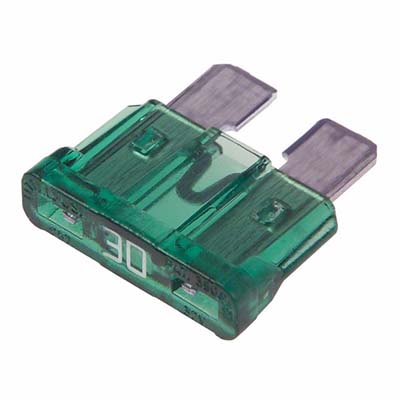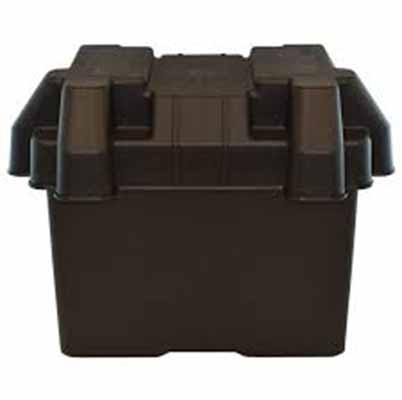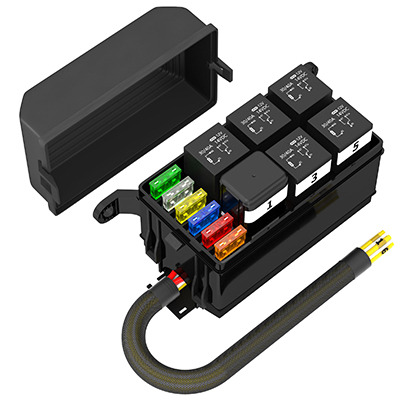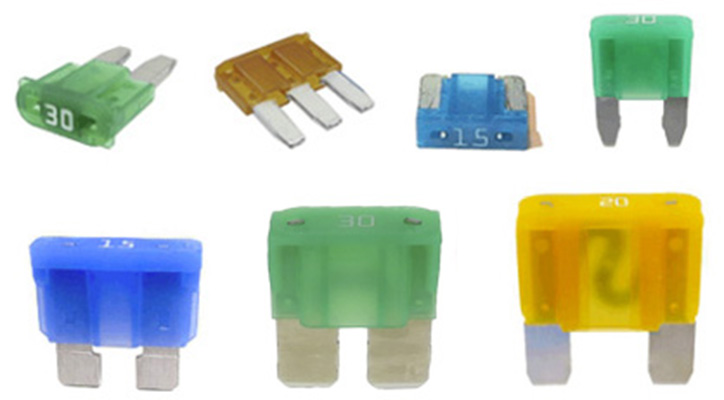Auto Fuse Material Impact on Breaking Capacity and Service Life
News 2025-10-24
Auto fuses are essential safety devices in automotive electrical systems, protecting against overcurrent and short circuits by melting a conductive element to break the circuit. The materials used in these fuses play a pivotal role in determining their breaking capacity, which is the maximum fault current they can safely interrupt, and their service life, influencing long-term reliability. In the automotive industry, where systems range from traditional vehicles to advanced electric models, selecting the right fuse material ensures enhanced protection and durability, directly impacting safety and performance in high-stakes environments.

The breaking capacity of auto fuses hinges on the material’s thermal and electrical characteristics, such as melting point and conductivity. For instance, copper-based fuses excel in high-current scenarios due to their superior heat dissipation and quick arc quenching, making them ideal for applications in electric vehicle powertrains where fault currents can be extreme. This material advantage not only boosts breaking capacity but also minimizes the risk of fire or equipment damage, offering a clear performance edge in demanding automotive settings compared to alternatives like aluminum, which may compromise safety under similar conditions.
Service life is significantly affected by a material’s resistance to environmental factors like corrosion, thermal cycling, and mechanical vibration, common in automotive use. High-purity metals or specialized alloys can extend fuse longevity by withstanding repeated stress without degradation, reducing the need for frequent replacements in long-haul trucks or hybrid vehicles. This durability translates to cost savings and improved reliability, with materials engineered for better fatigue resistance providing a key performance benefit in scenarios involving extreme temperatures or exposure to road salts, ensuring consistent operation over the vehicle’s lifespan.
1. What materials are typically used in auto fuses?
Materials such as copper, silver, and zinc alloys are common, selected for their balance of conductivity and cost.
2. How does fuse material affect breaking capacity?
Material conductivity and melting properties determine response speed to faults, directly influencing the maximum safe current interruption.
3. What factors impact the service life of auto fuses?
Exposure to heat, moisture, and current levels can degrade materials, with corrosion-resistant options extending overall durability.


